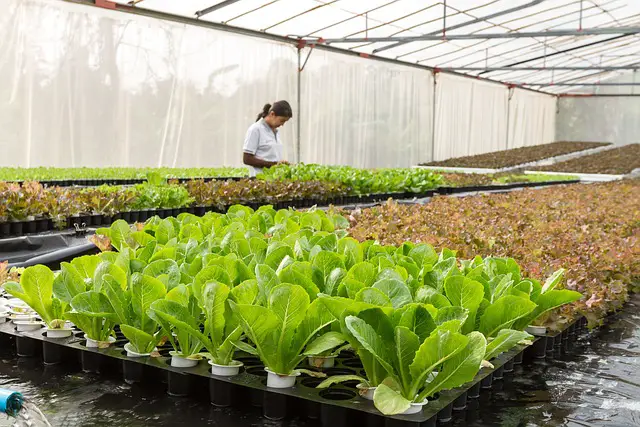Unveiling the Beneficial Effects of Greenhouse Gases and Balancing the Equation of Climate Regulation


Amidst the sobering discourse surrounding the detrimental impacts of greenhouse gases on our climate, it’s essential to acknowledge that these gases also play a crucial role in regulating Earth’s temperature and supporting life as we know it. While excessive greenhouse gas emissions contribute to global warming and climate change, a balanced perspective reveals that these gases have beneficial effects that contribute to the habitability of our planet. Understanding and appreciating these benefits is crucial for achieving a nuanced approach to climate stewardship and sustainable environmental management.

Page Contents
Unveiling the Beneficial Effects of Greenhouse Gases and Balancing the Equation of Climate Regulation
Regulating Earth’s Temperature:
Greenhouse gases, including carbon dioxide (CO2), methane (CH4), and water vapor, act as natural insulators in Earth’s atmosphere, trapping heat from the sun and regulating the planet’s temperature. Without the greenhouse effect, Earth would be too cold to support life as we know it, with temperatures plummeting to levels unsuitable for human habitation. By maintaining a stable temperature range, greenhouse gases create conditions conducive to biodiversity, agricultural productivity, and the functioning of Earth’s ecosystems.
Supporting Agriculture and Plant Growth:
CO2, often vilified as a leading contributor to global warming, is also a vital component of photosynthesis, the process by which plants convert sunlight into energy. Increased atmospheric CO2 concentrations can enhance photosynthetic rates and stimulate plant growth, leading to higher crop yields and improved agricultural productivity. This phenomenon, known as the CO2 fertilization effect, has the potential to benefit food security and support global efforts to combat hunger and malnutrition.
Maintaining Water Cycle Dynamics:
Water vapor, the most abundant greenhouse gas in Earth’s atmosphere, plays a critical role in regulating the planet’s water cycle and precipitation patterns. By absorbing and releasing heat energy, water vapor drives processes such as evaporation, condensation, and cloud formation, which in turn influence weather patterns and regional climates. Greenhouse gases contribute to the redistribution of water across the planet, sustaining ecosystems, supporting agriculture, and replenishing freshwater sources essential for human survival.
Preserving Habitats and Biodiversity:
While anthropogenic greenhouse gas emissions pose significant threats to ecosystems and biodiversity, natural sources of greenhouse gases also contribute to the resilience and adaptability of species in their habitats. For example, methane emissions from wetlands and natural water bodies support microbial ecosystems and nutrient cycling processes, enriching soil fertility and sustaining biodiversity in these habitats. Similarly, CO2 emissions from volcanic activity contribute to soil formation and nutrient availability, facilitating plant growth and ecosystem development.
Achieving Balance and Sustainability:
While acknowledging the beneficial effects of greenhouse gases, it’s crucial to recognize that the current imbalance in greenhouse gas concentrations resulting from human activities poses unprecedented challenges to the stability of Earth’s climate and ecosystems. Excessive emissions of CO2, CH4, and other greenhouse gases drive global warming, leading to a host of negative consequences, including extreme weather events, sea level rise, and loss of biodiversity.
Sustainability Amidst the Climate Change
Achieving balance and sustainability requires a holistic approach to climate stewardship that acknowledges both the beneficial and detrimental effects of greenhouse gases. By reducing emissions, enhancing carbon sequestration, and promoting sustainable land use and energy practices, we can mitigate the impacts of climate change while preserving the essential functions of greenhouse gases that support life on Earth. Embracing innovation, collaboration, and responsible stewardship, we can strive towards a future where the beneficial effects of greenhouse gases are harnessed to sustainably support human well-being and the integrity of our planet’s ecosystems.







